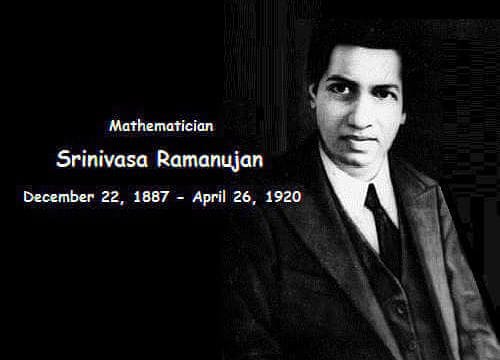Quantum zeno effect explained: How does it affect the Schrodinger Cat experiment
The quantum Zeno effect is a event in modern quantum physics where a particle can be stopped from decaying by observing it. In the limit of promptly dense measurement motion would be completely reserved. It is also defined as "a system cannot change while you are watching it".
The name of this effect comes from the Zeno Arrow paradox made by ancient philosopher Zeno of Elea. It states that because an arrow in flight is not seen to move during any single occurence, it cannot possibly be moving at all. Other names of this effect used are “Turing's paradox”, “watchdog effect” or “watched pot behavior”.
Baidyanaith Misra and George Sudarshan first presented the paper "The Zeno's Paradox in Quantum Theory" in 1977.
According to the reduction claims, each measurement causes the wavefunction to collapse. In the context of this effect, an observation can simply be the absorption of a particle, without the need of an observer in any conventional sense.
However, there is dispute over the explaination of the effect, sometimes described as the "measurement problem" in traversing the interface between microscopic and macroscopic objects,
This Quantum Zeno Paradox also has an impact on Schrödinger's cat experiment, where a cat is famously trapped in a box with a mechanism which gets activated when a radioactive atom decays and releases radiation.
When we look into the box, it collapses the atom's wave function from a "superposition" of states to a definite state which either kills the cat or the cat lives..
But if we delicately peeked into the box thousands of times per second to watch the radioactive material, we might be able to change its behaviour by either delaying the choice or by accelerating it. This delay or acceleration is known as the Quantum Zeno Effect and Quantum Anti Zeno Effect.
Quantum zeno effect explained: How does it affect the Schrodinger Cat experiment







0 Comments